-
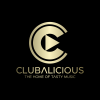 play_arrow
play_arrow
Clubalicious Clubalicious Radio
-
 play_arrow
play_arrow
London Calling Podcast Yana Bolder

New York, NY (November 26, 2024)—The Beatles may have been incredible songwriters, talented performers and the group that turned the studio into a creative tool, but the latest Fab Four documentary, Beatles ’64, debuting November 29 on Disney+, explores an entirely difference aspect of the band’s history, spending two weeks at the center of the media hurricane that was the group’s first U.S. visit in February 1964.
Directed by David Tedeschi and executive produced by Martin Scorsese, Beatles ’64 follows the group as it arrives in New York City to appear on The Ed Sullivan Show, play concerts in New York’s Carnegie Hall and Washington, D.C.’s Coliseum, and travel to Miami before heading back home to England. Throughout that journey, the band was joined by now-legendary documentarians Albert and David Maysles, who shot roughly 11 hours of footage, chronicling the excitement that the trip created. Throughout, there’s endless shots of shrieking teenage girls outside New York City’s Plaza Hotel, where the band was camped out, and conversely, the band essentially trapped inside, stuck trying to relieve the resulting tedium.
Interspersed with the archival footage are current-day interviews with a surprising variety of commentators that help break the film out of those hotel rooms in midtown Manhattan. There’s director David Lynch, who attended the Washington, D.C. concert as a kid; satirical non-fiction author Joe Queenan sharing the bleak but moving recollection of how the Ed Sullivan appearance divided his family; and chanteuse Ronnie Spector gleefully recalling how she snuck the band out of the Plaza for some barbecue in Harlem and a night out at hipster nightspot, the Peppermint Lounge.
Other interviews, though they’re often fantastic, don’t tie tightly enough into the thin sliver of time that Beatles ’64 covers, and this muddies the film’s thesis. Smokey Robinson is bracingly heartfelt as he discusses the Beatles covering his song “You’ve Really Got A Hold On Me,” and producer/engineer Jack Douglas—who would go on to work on some of John Lennon’s most important solo records—arguably steals the entire film as he recounts his hilarious, ill-fated trip to Liverpool during the height of Beatlemania. But even as these and other interviews bring thoughtful insights to the proceedings, many appear shoehorned in and feel like they belong in a different film.
That said, Beatles ’64 does an admirable job of examining the trip from as many different angles as possible, providing considerable context to the journey. There’s multiple subtle sections that do a thoughtful, understated job of examining how Beatlemania was a largely white phenomenon—except when it wasn’t. Elsewhere, the film’s powerful opening—an electrifying summation of John F. Kennedy’s tenure as president—lays the groundwork for the oft-cited theory that the Beatles helped pull the U.S. out of mourning for its slain leader. The only contextual material that doesn’t really work are a few bits with Marshall McLuhan, looking at the push and pull of the media’s coverage of the hysteria around the band; that it doesn’t really go anywhere has more to do with McLuhan’s ponderous commentary than the filmmakers’ efforts.
Of course, the Beatles themselves are interviewed as well, with George Harrison looking back in interview footage from the early 1990s The Beatles Anthology project and John Lennon speaking in early 1970s TV appearances; the surviving Beatles weigh in as well, with Paul McCartney and Ringo Starr offering contemporary insights. The thoughtful, often somber observations from the Beatles years later are a marked contrast to the often empty comments served up by their younger selves in the Maysles’ footage (asked what the trip was like upon his return to the UK, a young George Harrison simply says, “It was great.”) That said, the latter-day interviews inform in other ways, too—McCartney visibly revels in dropping a big, ol’ F-bomb at one point, something that his younger self, 60 years earlier, never could have done on-camera.
While the film takes place far from Abbey Road Studios, and the band’s live performances on the trip are barely touched upon, there’s plenty for audio professionals to enjoy in the film beyond Jack Douglas’s multi-part tale. The artificiality of documentary filming gets commented on almost immediately as the Beatles, convened in their hotel suite, start discussing David Maysles’ Nagra tape recorder and a young woman wielding a shotgun microphone off-screen. It’s a discussion that culminates with McCartney not-entirely-playfully challenging Albert Maysles behind the camera to take a shot of the microphone, intoning “Be unconventional!” The shotgun mic itself becomes a running gag of sorts throughout the film, as everyone including the Beatles themselves periodically gets drafted to “slate” the film reel by bopping the mic with a numbered index card. Other aspects of the era’s limited audio gear pop up from time to time; the Beatles are amusingly amazed to hear their voices over headphones; a transistor radio shaped like a Pepsi machine is always within arm’s reach; and any musician will pick up on George Harrison not so subtly getting right up next to his Vox amps during the Washington, D.C. concert in order to merely hear himself play despite the screaming crowd.
That we the audience can hear the music—and all the conversations in the hotel suites, on trains and planes, and elsewhere—can be attributed to the work of Peter Jackson’s company Park Road, which restored the Maysles’ 16-millimeter footage and applied the same demixing technology used on its epic 2021 Beatles documentary Get Back to the audio, allowing the filmmakers to clear away extraneous noise and focus in on specific voices and sounds. Giles Martin, a mainstay through the band’s many films and Atmos mixes in recent years, is credited with music mixes, as the various live segments culled from the Ed Sullivan Show and Washington Coliseum concert broadcast were likewise demixed with Park Road’s MAL technology and then remixed.
While Beatles ’64 once again revisits the Maysles Brothers’ oft-used footage, which has been the basis of multiple documentaries over the years, it views the band’s first U.S. visit through a more modern lens, quietly observing the events in a larger context to explore issues around race, the artificiality of image, and even the era’s changing views of masculinity. The film is cut with great humor and affection for the band and its screaming young fans, and while occasionally slow, Beatles ’64 is never less than engaging and entertaining.
Written by: Admin
Similar posts
Recent Comments
No comments to show.Featured post
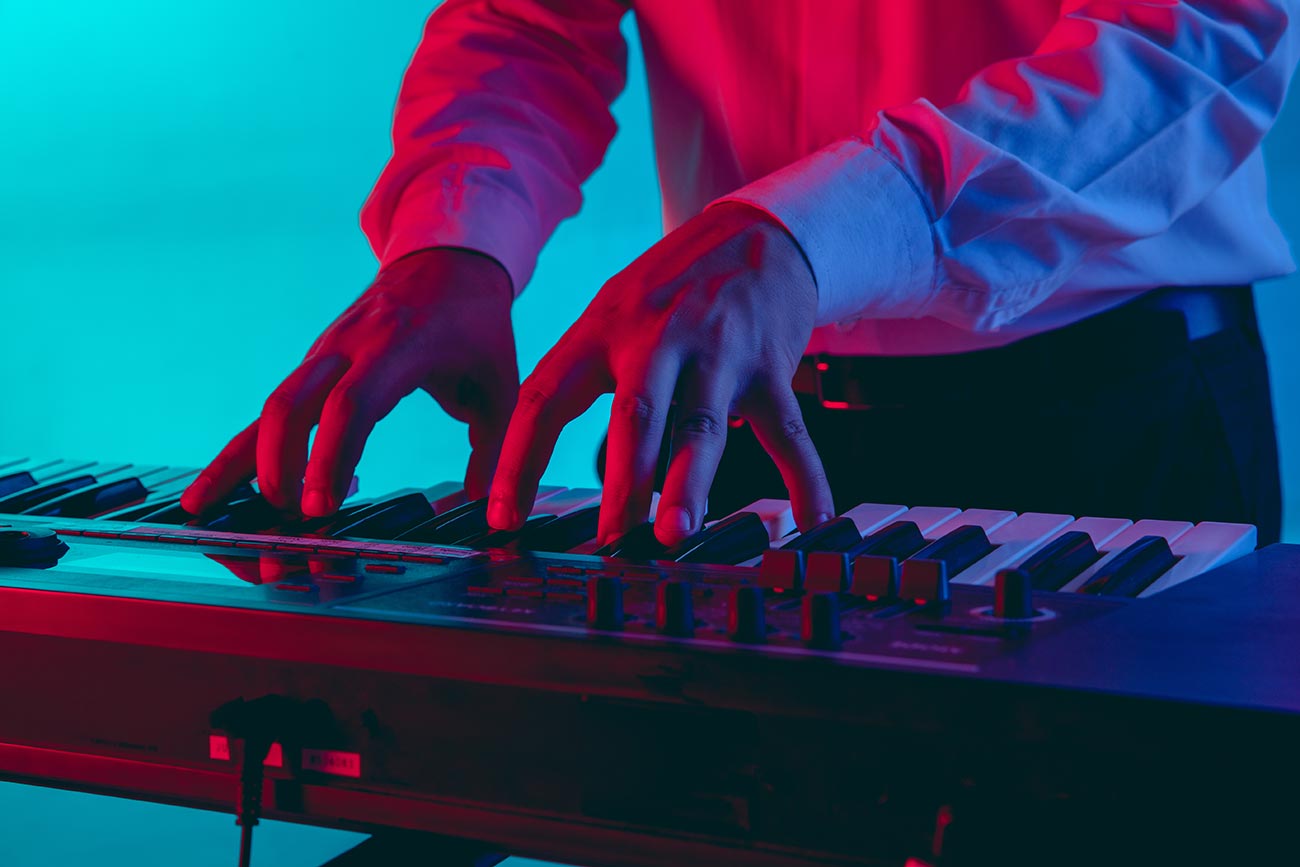
Latest posts
Current show
Upcoming shows
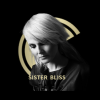
In Session
Sister Bliss
16:00 - 17:00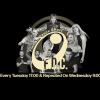
Finnish Dance Chart
Top 40 Hottest Dance Tracks In Finland
17:00 - 19:00
Made To Move
Jacob Colon
19:00 - 20:00
In Session
Sister Bliss
20:00 - 21:00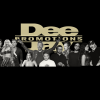
Fresh Is Fresh
This Weeks Hottest Releases
21:00 - 00:00Chart
Powered by Dee jay promotions visit us
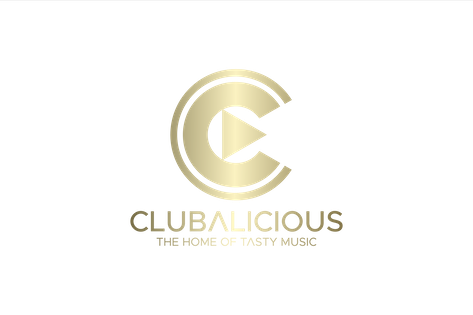










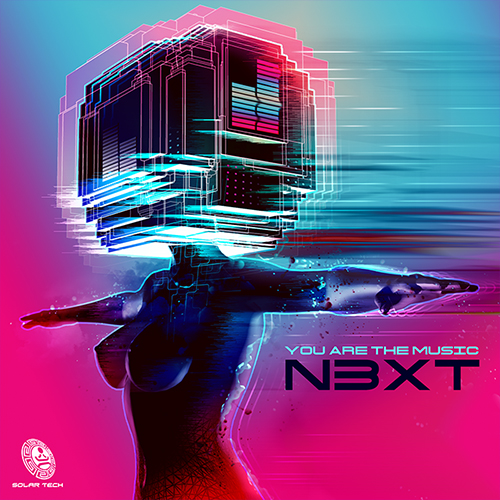
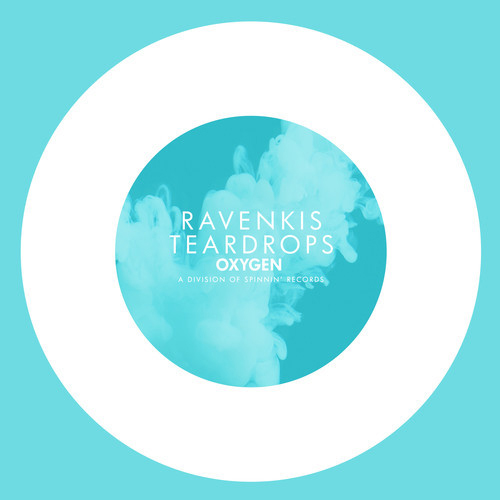
 Invalid license, for more info click here
Invalid license, for more info click here